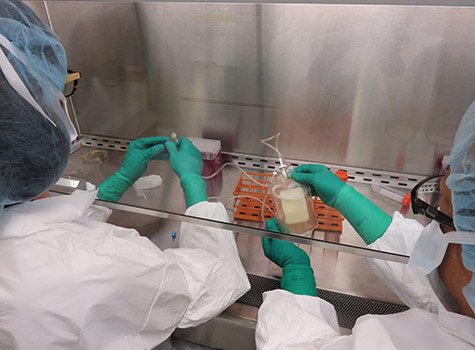The Semiotic glycochip is a thin plastic plate that contains a library of polysaccharides (glycans), which the developers reportedly took 30 years to put together. The chip is said to be able to carry up to 600 glycans to be used in diagnostics of as many as a hundred diseases. The list includes, but is purportedly not limited to, infections, autoimmune diseases and cancers.
The results of research conducted by Yashraj Biotechnology Ltd. Experts, who used a Semiotic glycochip with 400 glycans, have led the scientists to believe the solution could be used in targeted bioengineering of new antibodies with enough efficacy to enable both diagnostics and treatment of malignant tumors.
The microchip was developed in Moscow at the Shemyakin and Ovchinnikov Institute of Bioorganic Chemistry in partnership with the U.S.’ New York University. The latter offers facilitation in clinical trials, certification and licensing of the chip for the Russian, former Soviet Union and American markets.
The Semiotic microchip has already been used by a number of research and medical centers in Russia, Switzerland, Spain, Bulgaria, and the U.S.
